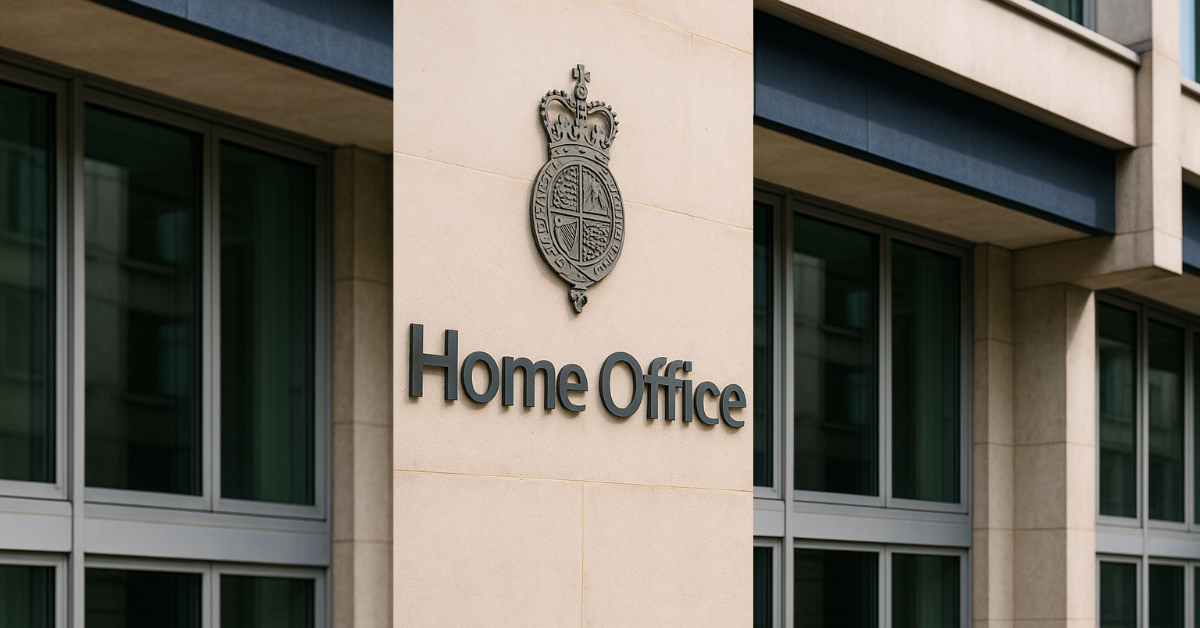
EUSS Application Validity Update 2024
An overview of the updated eligibility criteria and requirements in 2024 for applications of the EU Settlement Scheme when applying post-deadline.

Elliott Dipper
Overview
The deadline for Applicants to apply to the EUSS was 30 June 2021. After this date, Applicants were able to submit ‘late’ applications, which were commonly accepted as having reasonable grounds for being late without further enquiries by the UK Home Office. However, applications made from 9 August 2023, the requirement to demonstrate reasonable grounds for the delay in applying need to be met for an application to be ‘valid’. If the UK Home Office does not accept that there are reasonable grounds for the delay in making the application, it will be rejected as invalid, with no right of appeal.
In some cases, you can still apply after 30 June 2021. If you are joining a family member who was living in the UK by 31 December 2020, your deadline will be based on when you arrive in the UK. Furthermore, you can also still apply if you’re eligible and can show ‘reasonable grounds’ for why you could not apply by the deadline or in the time since the deadline passed.
Reasonable Grounds and Valid Applications
The UK Home Office guidance provides example of scenarios where they are likely to accept an Applicant who has reasonable grounds for submitting a late application. The examples provided in the current guidance include:
- Applicants who have a valid EUSS Family Permit, existing limited leave to enter or remain under another immigration route (not as a visitor), are exempt from immigration control, or were exempt from immigration control within the last 90 days, can submit a late application without needing to provide further justification.
- Children under 18 where a parent or a carer has failed to apply to the EUSS by the relevant deadline. Applicants who fall within this category except for the fact the children are now over 18, should generally be allowed to submit a late application but it will depend on their individual case.
- Applicants who lack physical or mental capacity and/or have care or support needs.
- Applicants who have or had a serious medical condition, or is undergoing or has undergone significant medical treatment which has prevented them from applying previously
- Applicants who were/are in an abusive or controlling relationship.
- Those who have been in prison and there were practical difficulties to submit an application by the deadline.
In our experience, the Secretary of State are increasingly deeming that Applicants do not have reasonable grounds for a late application, resulting in an invalidity decision. It is recommended that if you receive an invalidity decision or your circumstances do not fall neatly into one of the above bullet points that you seek further legal advice on your potential available options.
Challenging An 'Invalid' Application
If an Applicant submits a late EUSS application and the UK Home Office does not accept that there were reasonable grounds for failing to submit an application on time, your application will be deemed invalid. An invalidity decision means that there will be no further assessment as to whether an Applicant meets the eligibility criteria of the EU Settlement Scheme. Consequently, as the application was not valid it will leave the applicant without any right of appeal.
In the situation, the only remaining option an Applicant would have is to challenge the invalidity decision by Judicial review. The relevant consideration in judicial review proceedings, however, would be whether the UK Home Office’s decision was lawful. In order to initiate judicial review proceedings a letter before claim (Pre-action protocol letter) must be sent. The purpose of a Pre-action protocol letter is for the person bringing the judicial review to set out their case against the Secretary of State. In this instance, the Applicant is asking that the Secretary of State withdraw the invalidity decision, validate the application and then consider the Applicant under the eligibility and suitability requirements. If the Secretary of State do not respond to the letter before claim or maintain their decision, the Applicant will need to consider if they wish to proceed with a judicial review. The law and rules for judicial review are complex and Paragon Law would advise any Applicant to get comprehensive legal advice before filing a judicial review, as there can be cost implications if a judicial review is brought and unsuccessful.
Refused Applications
If an application is accepted as ‘valid’ but is ultimately refused under the eligibility or suitability requirements an applicant will no longer have the opportunity to apply for an administrative review, as of 5th October 2023. Administrative Review was a mechanism to challenge a decision from the UK Home Office which involves an internal UK Home Office review process. However, applicants still have a right to appeal to the Tribunal against refusal decisions. The time limit for Applicants to appeal a refusal is 14 days if they are in the UK and 28 days if you are outside the UK.
Check who can still apply to the EU Settlement Scheme including examples of what may count as reasonable grounds for the delay in applying.
Our Commitment to You
As always, if you have any additional queries relating to Personal and Family Immigration topics, our dedicated department of industry experts are happy to assist - Make an enquiry.
Everyone Is Welcome.
Subscribe for updates

Immigration Announcement - 2024 Additional Information
Not ready to talk? Our free immigration resources may have the answer to your questions

Global Talent Visa: Eligibility, Requirements and Application Process

Border Security, Asylum and Immigration Act 2025 – What Employers Need to Know
.png)
UK Immigration Rule Changes 2025: Visa and Settlement Reforms Explained
%20What%20Sponsors%20Need%20to%20Know%20(1).png)
Upcoming Increase to the Immigration Skills Charge (ISC): What Sponsors Need to Know

Home Affairs Committee Launches Call for Evidence on Settlement Reforms

UK Immigration Rules 2025–2027: Key Visa & Policy Changes Explained

UK Immigration White Paper 2025: Visa & Settlement Rule Changes Explained

Home Secretary on UK Immigration: Settlement Rules & Border Control
.png)

